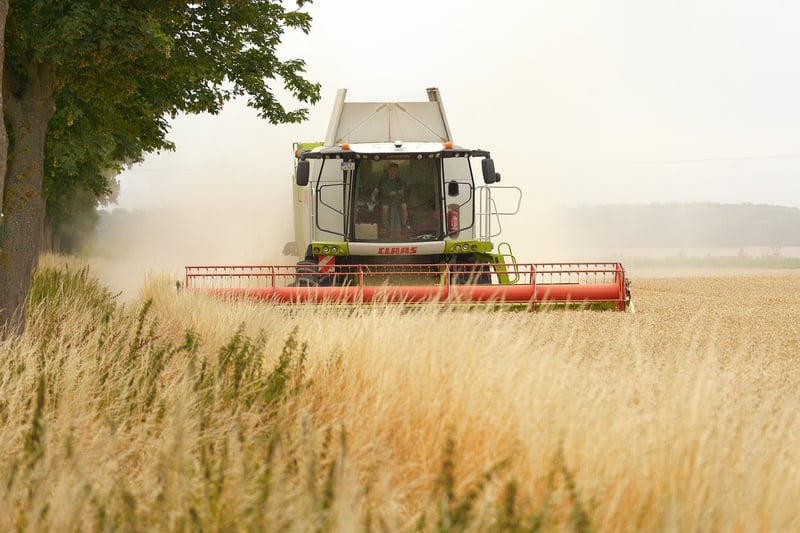City farming
Tips for Urban Gardening and City Farming
Introduction
Urban gardening and city farming are becoming increasingly popular as more people are living in urban environments. Whether you have a small balcony, rooftop, or community garden plot, there are ways to grow your own food and create green spaces in the city. Here are some tips to help you make the most of urban gardening and city farming.
1. Choose the Right Plants
Opt for plants that thrive in small spaces and can tolerate urban conditions, such as herbs, salad greens, cherry tomatoes, peppers, and strawberries. Consider vertical gardening with climbers like beans or cucumbers to maximize space.
2. Use Containers and Raised Beds
Utilize containers, pots, and raised beds to grow plants in limited spaces. Make sure containers have drainage holes and use quality soil mix for optimal growth. Raised beds can provide better soil drainage and aeration.
3. Water Wisely
Urban environments can be hotter and drier than rural areas, so water your plants regularly, especially during hot weather. Consider using drip irrigation systems or self-watering containers to conserve water.
4. Provide Adequate Sunlight
Most edible plants need at least 6 hours of sunlight daily. Choose sunny spots for your garden or use reflective surfaces to redirect sunlight to shaded areas. Consider growing leafy greens or herbs in partially shaded spots.
5. Compost Kitchen Scraps
Start a compost bin to recycle kitchen scraps and create nutrient-rich soil for your plants. Composting reduces waste sent to landfills and enriches the soil, promoting healthy plant growth.
6. Engage with the Community
Join community gardens, farmers' markets, or urban farming groups to connect with like-minded individuals, share knowledge, and access resources. Collaborating with others can make urban gardening more enjoyable and rewarding.
City Farming
City farming involves larger-scale agricultural practices within urban areas. It can include rooftop gardens, hydroponics, aquaponics, and vertical farming. City farms contribute to local food production, sustainability, and green spaces in cities.
Benefits of City Farming
- Reduces food miles and carbon footprint
- Provides fresh, locally grown produce
- Creates green jobs and educational opportunities
- Promotes food security and self-sufficiency
- Improves urban biodiversity and air quality
Conclusion
Urban gardening and city farming offer unique opportunities to grow food, foster community connections, and contribute to a greener urban environment. By following these tips and getting involved in city farming initiatives, you can make a positive impact on your surroundings while enjoying the benefits of homegrown produce.


